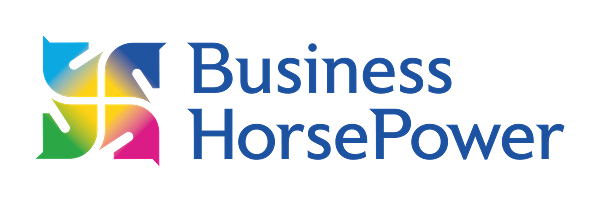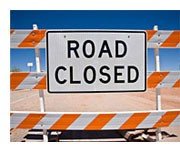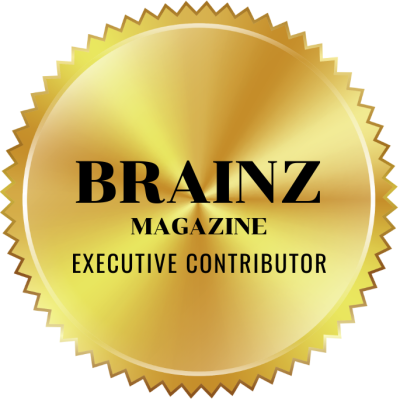Whilst good communication and leadership are all important, both in business and when working with horses, it is connection that forms the essential foundation of this triage. This is because if you can connect with others at all levels — one on one, in groups and with an audience — then relationships are stronger, your sense of community and belonging improves, your ability to create teamwork increases and your influence and productivity expands.
However, when people come to us with a problem, it’s easy to lapse into behaviours that — although usually well-meaning — serve to block us from hearing the other person’s experience, and so block the connection. We’d be better off following the words of this inside-out saying: “Don’t just do something; stand there”…and try not to:
- Counsel. Seek not to advise solutions (until asked) but listen and reflect back the person’s experience.
- Defend. When you explain, justify or rationalize, you invalidate the other’s experience. You can create a time to offer your experience, but for now, just listen.
- Shut down. This happens in parenting when we say things like: “Stop crying. It’s not that bad.” Children are more likely to stop crying when they feel they’ve been heard.
- One-up. Saying, “Oh, that’s nothing! Listen to what happened to me!” gives the message, “Your experience doesn’t count.”
- Reassure. It’s OK for people to feel their feelings. When we try to console (“It’s not your fault; you did the best you could…”), we take people out of their feelings.
- Pity. Sympathy and pity (“Oh, you poor thing!”) are very different from empathy, which is simply a respectful understanding of what others are experiencing.
- Commiserate. Sharing stories of your own similar experiences is not showing empathy; it turns the focus away from the person with the problem.
- Correct. First listen. After the other person feels fully understood, then see about correcting any misunderstandings or inaccurate impressions.
- Enlighten. Don’t attempt to educate unless your opinion is asked.
- Interrogate. Too many questions distract from the feelings at hand.
Learning to connect is one of the most important skills that we can learn, and it starts off by being genuinely interested in the other person and how they are feeling. Listen to what they are saying with your entire body, stay present and focused, be curious. If you exhibit all these skills then people are more likely to connect with you. Interestingly, these too are the skills required to connect with a horse which is why horses are the teachers on the upcoming Art of Authentic Communications workshop. You need to be able to communicate to connect.
The benefits of learning to communicate and connect are immense: better personal and family relationships, better business relationships and in general a better experience of life.





